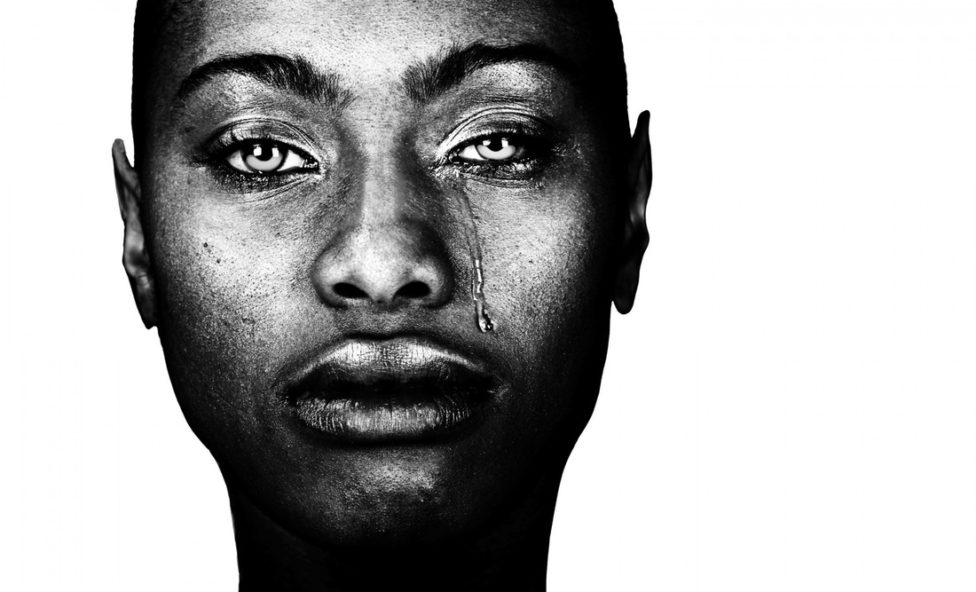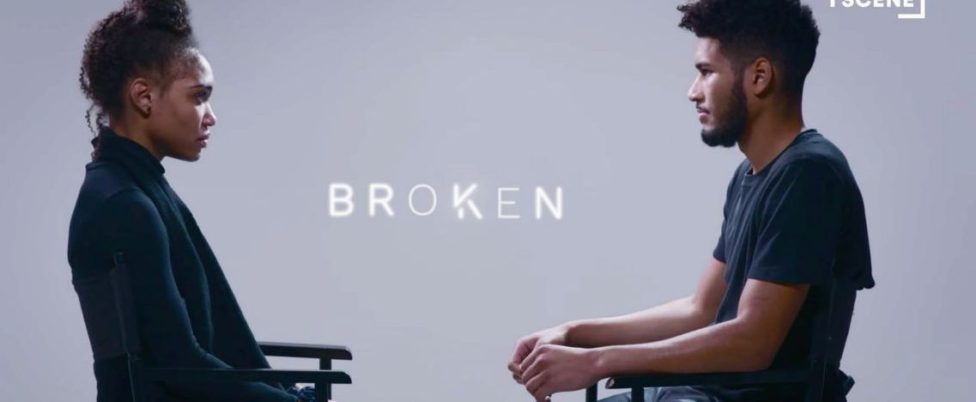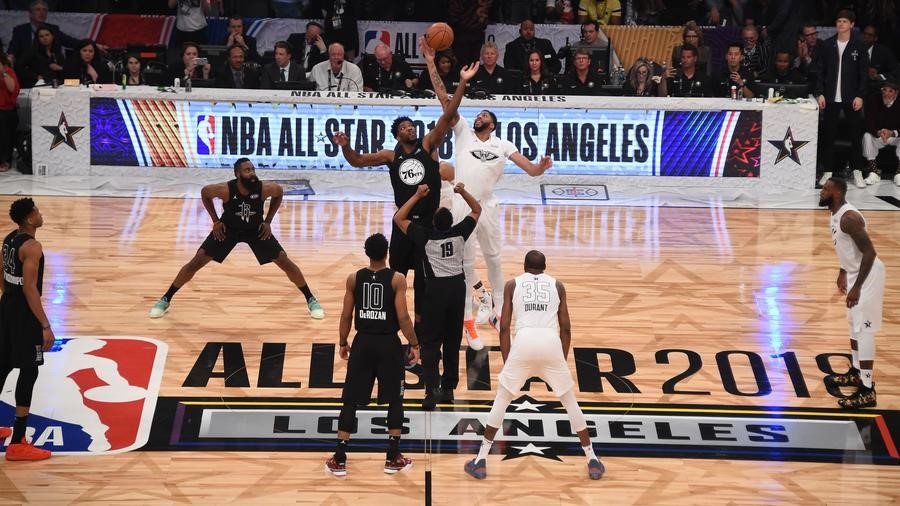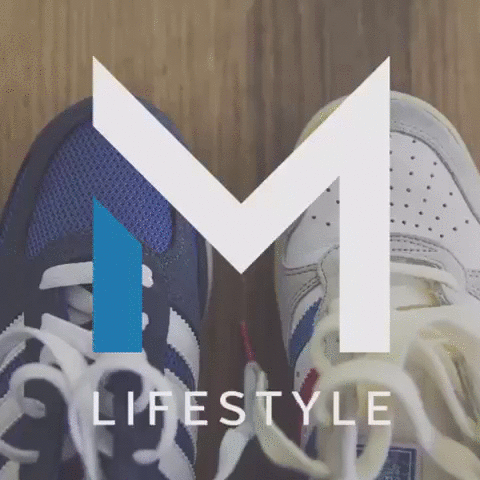No, you can’t just pray it away
Seriously, what is it with black people and mental health? As a community we tend to brush off or ignore problems when it comes to…
Seriously, what is it with black people and mental health? As a community we tend to brush off or ignore problems when it comes to the state of our mental health. The response to mental health concerns has become a generic; “just pray on it” or “it’ll just take a little time but you’ll get over it.” Why is it that we fear seeking help when something within our mind is not right? Why does the willingness to seek medical assistance for physical ailments not extend to the emotional part of our beings?
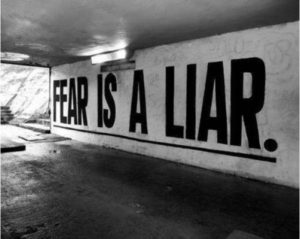
The Oxford dictionary defines fear as “an unpleasant emotion caused by the belief that someone or something is dangerous, likely to cause paid, or a threat.” Fear is what drives many black people and African- Americans away from seeking mental health attention they may need. As a community, we are often scared of judgement amongst peers for being “a weak person” and not being able to handle our issues “internally.” African-Americans share the same mental health issues as everyone else in the world, sometimes with even greater stressors because of prejudice, racism and economic disparities, yet we shy away from the fact that YES, we do face problems that need medical attention. In fact, 13.2% of the U.S. population identifies as Black or African-American and of those, over 16% had a diagnosable mental illness within the past year.
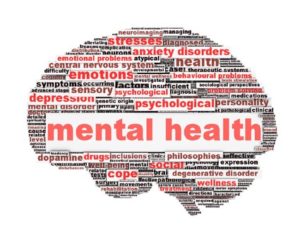
Therapy is often portrayed in western society as the preserve of “white people”; however, statistics show that there are many blacks who seek psychiatric help as well. According to the US HHS Office of Minority Health, “adult Black/African Americans are 20 percent more likely to report serious psychological distress than adult whites.” Despite the stigma, we too seek help when things are not right within the mind, but why is it that we have the perception that we cannot?
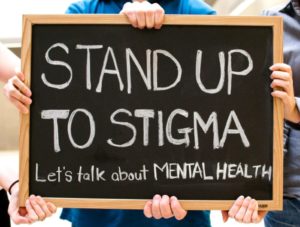
More specifically, a study conducted in 2013 determined that Black/ African-American men are particularly concerned about stigma. According to research by the American Psychological Association, “black boys as young as 10 may not be viewed in the same light of childhood innocence as their white peers, but are instead more likely to be mistaken as older, be perceived as guilty and face police violence if accused of a crime.” The burden of being a marginalized black male in America, aligned with fear, imposes distress on many young black boys early on. Many believe that anxiety or mild depression will bring labels such as “crazy” within their social circles; therefore, fear of judgement causes them not to seek treatment.
Way too often when blacks or African-Americans reach out to their peers seeking help, it is brushed to the side or they are told that it’ll simply just “take time” to get over. When this happens, unfortunately, the problem isn’t addressed until it is too late. Most of the time the lives of others are jeopardized or taken in this situation, and those close to the individual realize that had they tried to get the person the help that they needed, the outcome could have been different. In recent news the Facebook killer, Steve Stephens, who was distraught after a break-up from his girlfriend, displayed signs of erratic behavior before he carried out his gruesome act. Had those that were close to him, noticed a change in his demeanor and helped him to seek the medical attention needed, the outcome could have possibly been different.
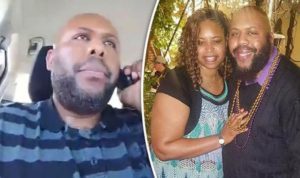
Today, I challenge anyone reading this to break free from the shame and stigma that comes along with speaking about mental health issues amongst our family, friends, and within our communities. Let’s take better care of our emotional well-being and attack our problems head-on, without feeling as if it’s a disgrace to those around us. Uplift your fellow brother and sister and assure them that it is okay not to be “okay.” Help the next person avoid carrying the weight of the world on their shoulders. It could be a family member, friend; you name it- if you know someone in your life facing challenges with mental health, be the person to take the initiative and get them the assistance that they need. We take care of ourselves physically and spiritually, why not nurture our emotional well-being as well?
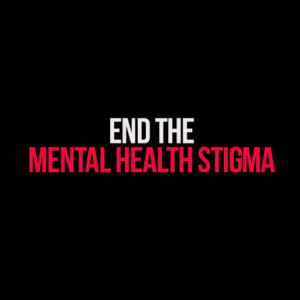
BY: Shanique Yates
Disclaimer: The views, opinions and positions expressed by the authors and those providing comments, opinions on this website are theirs alone, and do not necessarily reflect the views, opinions or positions of M-Lifestyle and their affiliates. M-Lifestyle does not claim ownership of any images used, unless otherwise specified.
![]()
